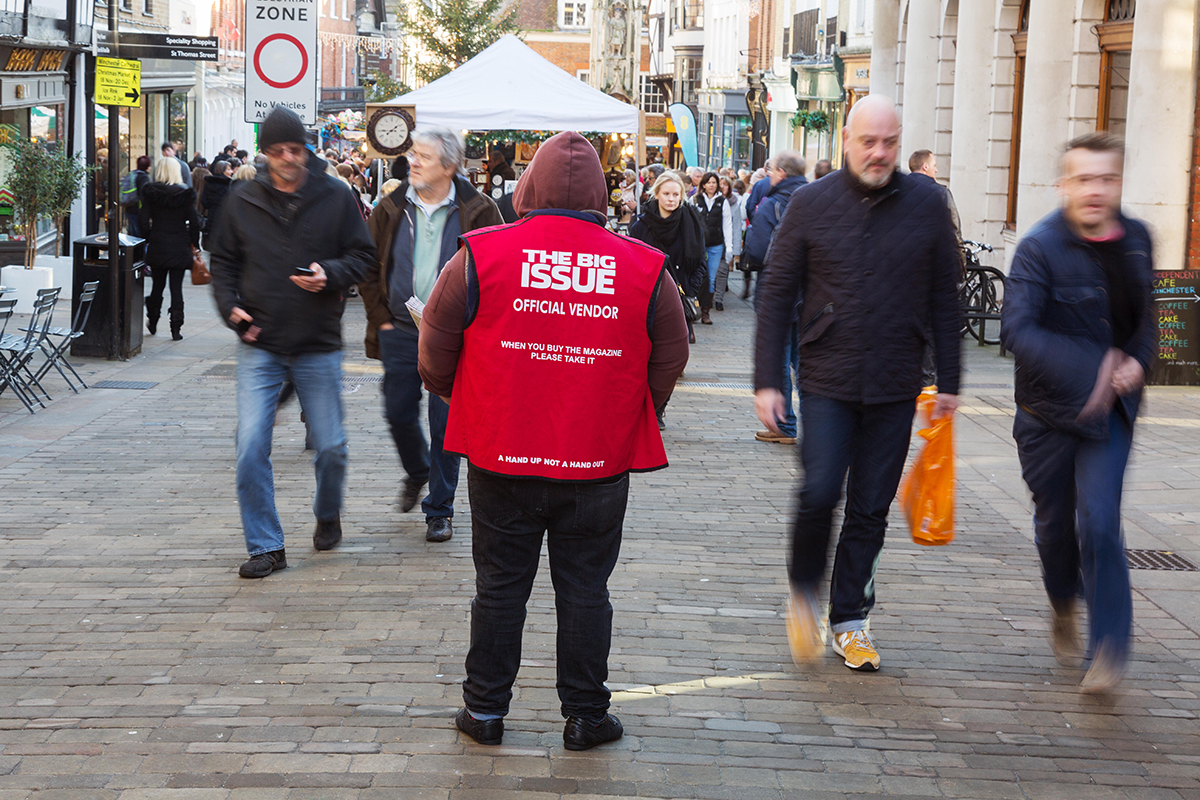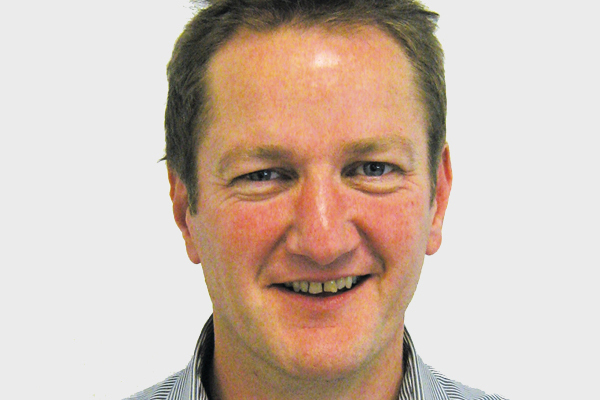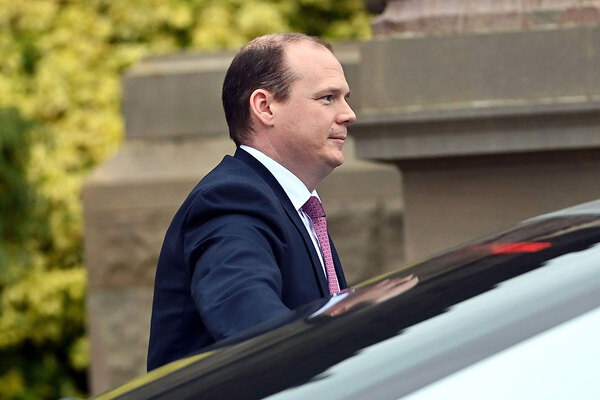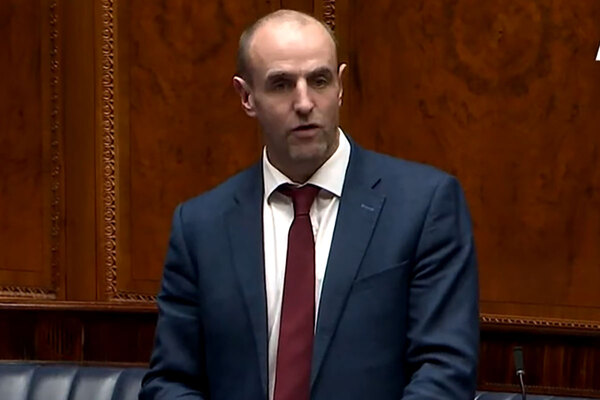You are viewing 1 of your 1 free articles
Tackling negative stereotypes of homeless people
We need to help liberate homeless people from the stereotypes that hold them back, says Stephen Robertson
As charities working to tackle homelessness, our efforts to raise money can sometimes promote the very stereotypes we wish to overturn.
But if we’re to galvanise the public into action to end homelessness once and for all, we need to reflect on where and why these stereotypes exist, because we are all stakeholders in how homeless people are perceived.
That’s where new research from non-profit organisation FrameWorks Institute, sponsored by Crisis, comes in.
Part of a bold, sector-wide initiative, the project seeks to shift how we portray and talk about homelessness and social exclusion.
If successful, we hope to see a new landscape emerging, one that more accurately reflects the social and political drivers that mean some people are more likely to experience homelessness than others.
However well intentioned, stereotypes lurk in the corners of our brains, feeding our thoughts and responses to what we see.
“We have to unpick the stereotypes and identify new language and imagery.”
Even if those of us in the sector know better, it’s easy to play into these stereotypes: a desperate image, some emotive words and hey presto, we hope someone will dig deep and fund our collective fight for better lives.
If we’re to change minds for good, we have to unpick the stereotypes and identify new language and imagery, and this presents a challenge: it risks costing the sector money, the very money we need to deliver the life-changing work to which we are all committed.
As an organisation, the Big Issue faces a related but somewhat different obstacle.
We place vendors at the heart of our work and their agendas are front and centre of everything we say and do, which is why we took the decision a long time ago not to adopt a stereotypical guilt or pity-based approach in our communications.
“When someone puts on our famous red tabard, suddenly they are a member of the ‘homeless community’, with all the stereotypes that entails.”
Arguably this could be more financially beneficial, but we wouldn’t be supporting vendors in their work.
We would be sitting somewhere within the negative space they encounter on a daily basis.
Not everyone would make the decision to become a newsagent without a shop.
When someone puts on our famous red tabard, suddenly they are a member of the ‘homeless community’, with all the stereotypes that entails. Ironically, it’s not uncommon for vendors to be told to “get a job”.
Similarly, people complain if they see a vendor with a mobile phone. The underlying belief is that they shouldn’t have the things the rest of us take for granted.
Yet poverty rarely changes the desire to take part in normal society and buy things. Furthermore, many people don’t understand that vendors buy their magazines with their own cash, or that a purchase won’t fund the foundation’s charitable work.
As a charity we have to fight through this to get heard and get funded. Our objective is to cultivate, educate, and motivate people to donate.
“Poverty rarely changes the desire to take part in normal society and buy things.”
We don’t talk about ‘helping the homeless’, as if it is something we should be doing to others; we talk about the poverty of people’s experiences, about people helping themselves to bring about change, and how a little help can secure the vital next steps in their self-determining journey.
We’re not perfect and we need to work harder to align ourselves with FrameWorks’ findings as they emerge, but what I can say is that as a sector we need to show we are enablers of change and use every available channel to level the playing field and help liberate people from the stereotypes that hold them back.
We must be consistent, drip feed the informed insight and positive imagery, and think about how we would feel if someone peddled these stereotypes about us.
Stephen Robertson, chief executive, The Big Issue Foundation











